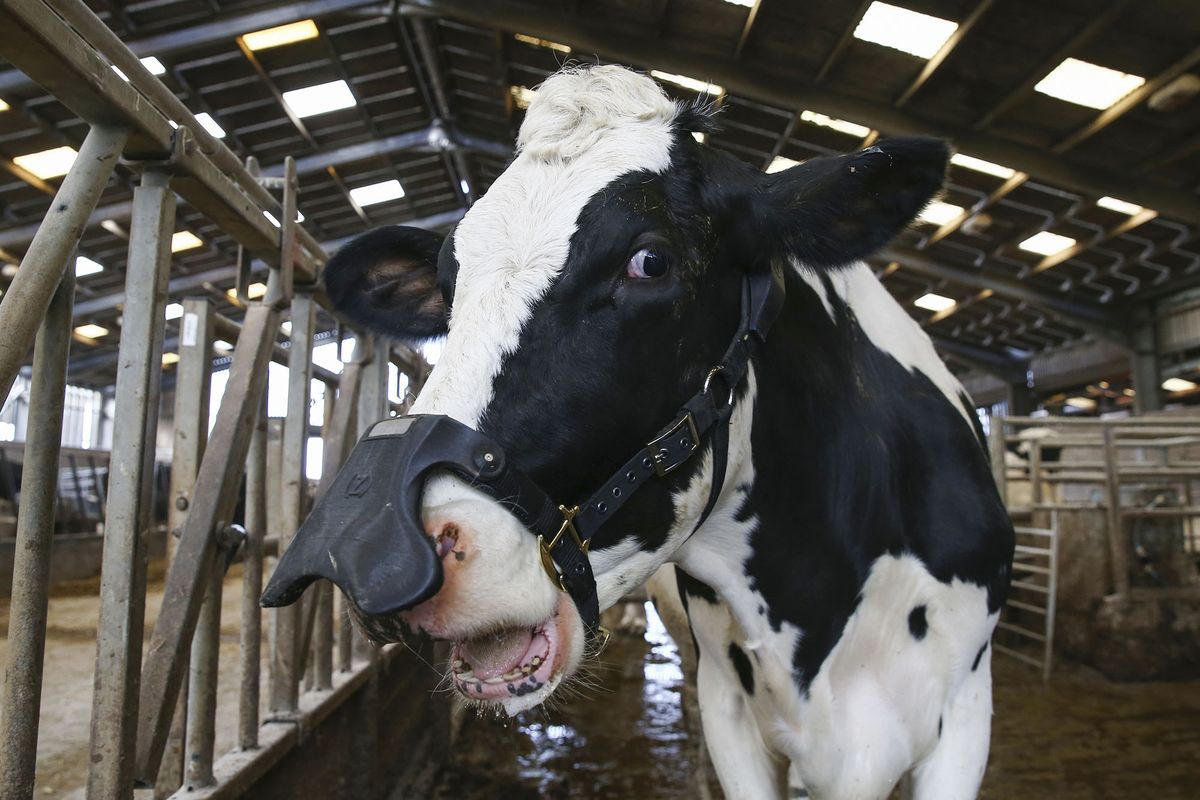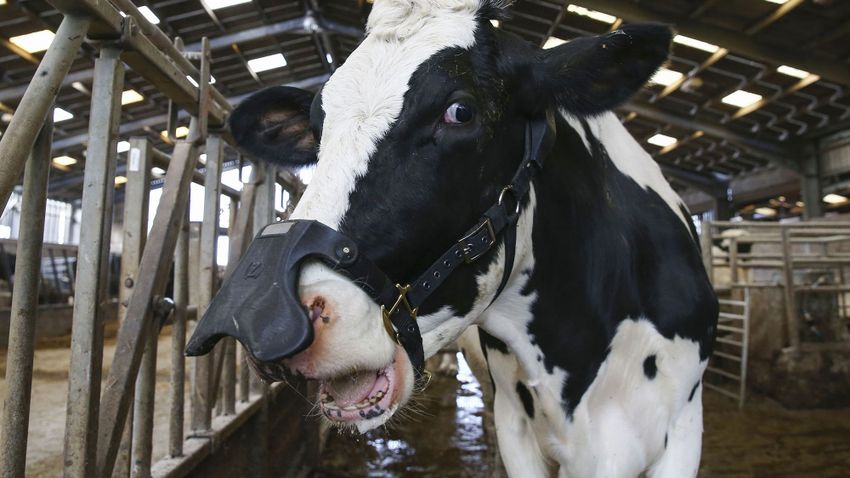They can tax New Zealand breeders after their sheep and cattle are burped Writes and BBC. The plan aims to tackle greenhouse gas emissions.
If this measure were introduced, New Zealand would be the first country to collect a fee from farmers for releasing methane from the animals they keep. New Zealand is home to just over 5 million people, about 10 million cattle, and 26 million head of sheep.
Agriculture accounts for nearly half of the country’s total greenhouse gas emissions.
However, emissions data from the agricultural sector was not previously included in the New Zealand emissions trading scheme. This practice was widely criticized by those who demanded that the government do more to stop global warming.
There is no doubt that we need to reduce the amount of methane emitted into the atmosphere, and an effective emissions pricing system for agriculture will play a key role in making this happen.
said James Shaw, New Zealand’s Minister for Climate Change.
The proposal calls on farmers to pay for their animals’ gas emissions from 2025 onwards.

Photo: CARSTEN REHDER / dpa Picture-Alliance via AFP
Andrew Hoggard, the national head of Federal Dairy Farms in New Zealand, told the BBC he broadly agreed with the proposals.
We have been working with the government and other organizations on this issue for years to find an approach that will not stop New Zealand farming.
– He also stressed that some details of the implementation of the plan have not yet been agreed upon.
According to the concerned ministry, the funds for the program will be used for research, development and advice to farmers. Last month, New Zealand’s finance minister set aside $2.9 billion for initiatives to tackle climate change, which will be funded through an emissions trading scheme that taxes polluters.
Methane is the second most common greenhouse gas after carbon dioxide and is responsible for a third of current global warming. At last year’s United Nations Climate Change Conference in Glasgow (COP26), the United States and the European Union agreed to cut gas emissions by 30 percent by 2030. More than 100 countries joined the initiative, including New Zealand.

About 40 percent of methane emissions come from natural sources, but most can now be attributed to human activities, such as agriculture, animal husbandry or natural gas extraction. Methane emissions have risen since 2008, according to researchers, due to a natural gas production boom in parts of the United States.
The amount of methane measured in the atmosphere reached a record high in 2019,
About two and a half times the value measured in the pre-industrial era.
This is concerning because scientists say methane has a real power when it comes to heating the planet. Over a 100-year period, it warms 28 to 34 times more than carbon dioxide. However, there is much more carbon dioxide in the atmosphere than methane, the molecules of which can remain there for hundreds of years.












































